In This Article
Get Glowing Skin with Korean Rice Water: Ultimate Guide to Benefits and Uses
Abundantly rich in vitamins, minerals and antioxidants, Korean rice water has various applications, including but not limited to cleansers, toners, masks and mists. In ancient China, Korea, and Japan, women bathed in rice water to make their hair lustrous. In the modern world, rice water has gained popularity as one of the most loved beauty secrets, as it promises to rejuvenate, lighten and refine the skin. This article will explore how to properly prepare rice water and extract the full potential of Korean rice water for face. We will also discuss its countless advantages and possible adverse effects on the skin.
In This Article
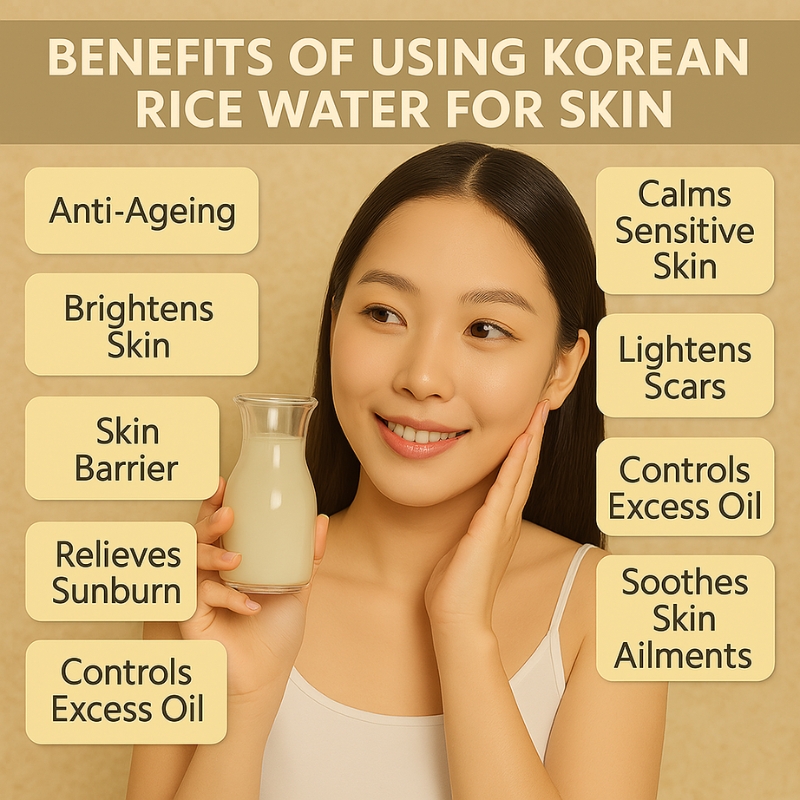
What Is Korean Rice Water?
Rice water is an essential component in Korean skincare, hence the term ‘Korean rice water’. Korean rice water is a milky liquid that is nutrient and mineral-rich, highly beneficial to the skin and easily prepared at home in a few simple steps. This starch-enriched liquid is the last ingredient left from the soaked or boiled rice and is a source of vitamins B1, B3, B5, and B6, along with amino acids and other minerals. Korean rice water for skin is a natural solution to restore the lost beauty of the skin and lend it a fresh youthful look.
How To Make Korean Rice Water?
Making Korean rice water at home is the easiest thing to do. All you need is the following ingredients:
- A small cup of uncooked rice
- 2 cups of water (approx)
The steps below will guide you to make Korean rice water at home:
- Rinse: Rinse the uncooked rice thoroughly under cold running water. This will remove any dirt or impurities.
- Soak: Put the washed rice in a bowl, pour around 2 cups of water, and let it sit for about 30 minutes.
- Extract: After the rice has soaked, gently rub the grains between your fingers to release the beneficial nutrients into the water. Strain the rice water into a clean bowl, separating it from the rice grains.
- Fermentation: Fermentation is optional. Fermentation contributes to the nutrient density, making the rice water more potent. Leave the strained rice water at room temperature for 24-48 hours for fermentation.
- Storage: After fermentation, store the rice water in a clean, dry, airtight container and place it in the refrigerator. Refrigeration will preserve the freshness of rice water.
Different Ways To Use Korean Rice Water For Skin:
One can include Korean rice water for face in the skincare routine in different ways:
- Cleanser: Use the rice water for cleansing by applying it to your face with a cotton pad. Gently wipe to remove dirt, impurities or traces of makeup. This natural cleanser does not strip your skin of its natural oils.
- Toner: Apply rice water as a toner using a cotton ball to gently dab it on your face. It helps balance the skin’s pH, offering a smooth complexion.
- Mask: Mix rice water with honey, aloe vera gel or other natural ingredients to create a hydrating face mask. Apply the mix and leave it on for 15–20 minutes before rinsing off.
- Bath Soak: Add rice water to your bath for an indulgent routine. The nutrients can nourish your body, leaving your skin refreshed.
Benefits Of Using Korean Rice Water For Skin:
Applying rice water regularly to your skin can help brighten the complexion, improve its texture, and provide a youthful glow. Let’s go through some of the most prominent benefits of using Korean rice water for skin:
- Anti-Ageing: Rice water helps combat free radicals as it contains antioxidants. Rice water helps reduce the visibility of fine lines and wrinkles. It promotes youthful-looking skin, improves skin elasticity, and maintains membrane integrity. [1]
- Brightens Skin: The natural compounds in rice water can enhance radiance and even out the skin tone, making it an excellent remedy to repair dull and uneven skin. Rice water is an important ingredient in skin-whitening cosmetics, which address pigmentation. [2]
- Skin Barrier: The amino acids in rice water help strengthen the skin’s barrier, shielding it from environmental harm and retaining its moisture balance. The skin as a barrier protects underlying tissues of the skin from infection, chemicals, desiccation, and mechanical stress. [3]
- Relieves Sunburn: The soothing properties of rice water can offer relief to sunburnt skin, reduce inflammation, and promote healing. When used with a broad-spectrum sunscreen, rice water helps protect the skin from harmful UV rays. [4]
- Calms Sensitive Skin: Rice water has a soothing effect on sensitive skin, alleviating redness, irritation, and itching. Sodium Laurel Sulfate (SLS) is an ingredient found in many personal care products. Studies show that Korean rice water can have healing effects on skin that is allergic to or affected by SLS. [5]
- Lightens Scars: Rich in vitamins, minerals and antioxidants, rice water can help fade spots, lighten the appearance of scars and blemishes, and even out skin tone. [6]
- Controls Excess Oil: Thanks to its natural astringent effect, rice water helps control excess oil production. This advantage makes rice water beneficial for individuals with oily skin.
- Soothes Skin Ailments: The hydrating properties of rice water address skin conditions like eczema, acne, and dermatitis.
Side Effects Of Rice Water On Skin
Rice water is an elixir for the skin because of innumerable benefits. However, it could have some side effects as well.
- Excess application of rice water can result in dry, flaky, and itchy skin.
- Rice water use may cause adverse effects on the skin, such as red rashes and streaks.
- It triggers skin irritation in people with allergies to rice.
- Some people might have a skin typeIt may cause swelling, redness, or skin irritation.
- Rice water may increase sun sensitivity, causing skin damage due to sunburn and sun exposure.
- Rice water may get contaminated with bacteria if not stored properly. Applying it can even develop acne and clog the pores.
- Overuse of rice water can lead to excess exfoliation.
Takeaway
Incorporating rice water into your skincare regime can enhance skin quality and make it healthier and more radiant. Adopt this traditional beauty secret for naturally flawless skin. Rice water smooths and clarifies the skin and offers unparalleled anti-ageing benefits. However, moderate application is advisable to prevent skin irritations. It is good practice to perform a patch test first to ensure that rice water suits your skin.
Frequently Asked Questions On Korean Rice Water
Yes. You can use rice water daily for skin hydration and brightening.
Yes. Korean rice water promotes a clear complexion, as it is rich in antioxidants and vitamins.
Generally, short-grain white rice is the preferred type of rice for achieving Korean glass skin.
Yes, using rice water daily helps soften and brighten the skin.
No. Rice water is not a substitute for sunscreen; it can be beneficial with good-quality sunblock.
It’s better to rinse off rice water after 30 minutes of application for optimal results.
Rice water is not a pimple-removal treatment but can help soothe acne.
Yes, applying moisturiser after rice water nourishes the skin and locks hydration.
Soak uncooked rice in water for 20 to 30 minutes, strain, and apply the extracted water as a toner.
Fermentation is the best method for the face due to its enhanced nutrient content.
Yes. Rice water is generally suitable for all skin types.
Rinse off after 15-30 minutes of applying rice water for best results.
You can store fermented rice water in the fridge for up to one week.
Read This Next
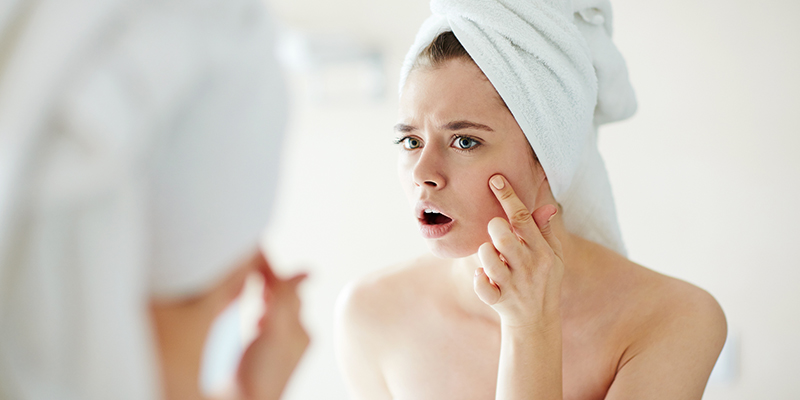
Dark Spots On Face: Causes, Types, Treatments and Tips
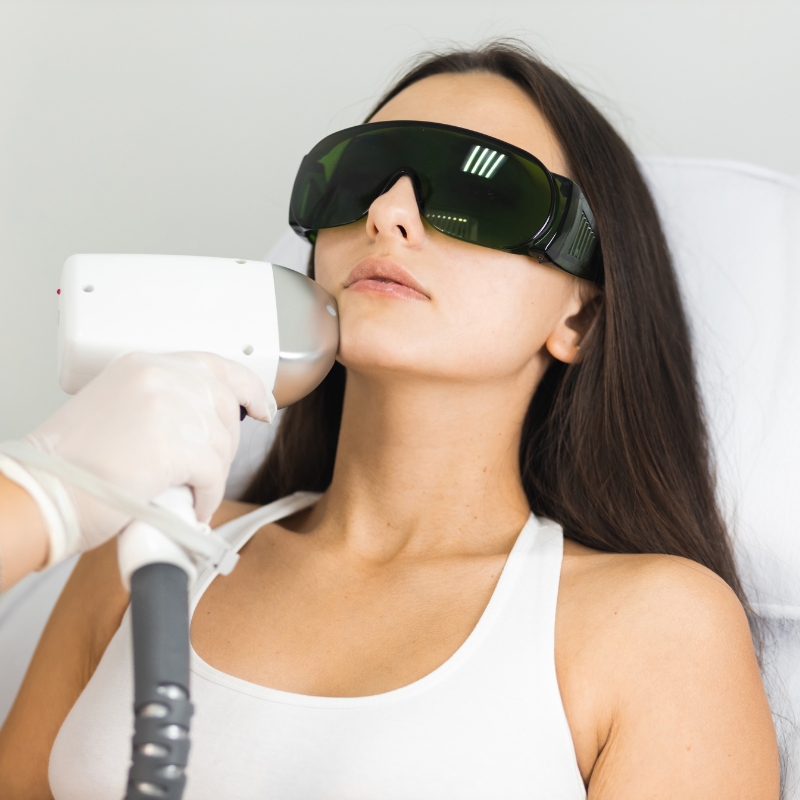
Laser Treatments for Face & Skin in Hyderabad: Cost & Process – Oliva Clinic
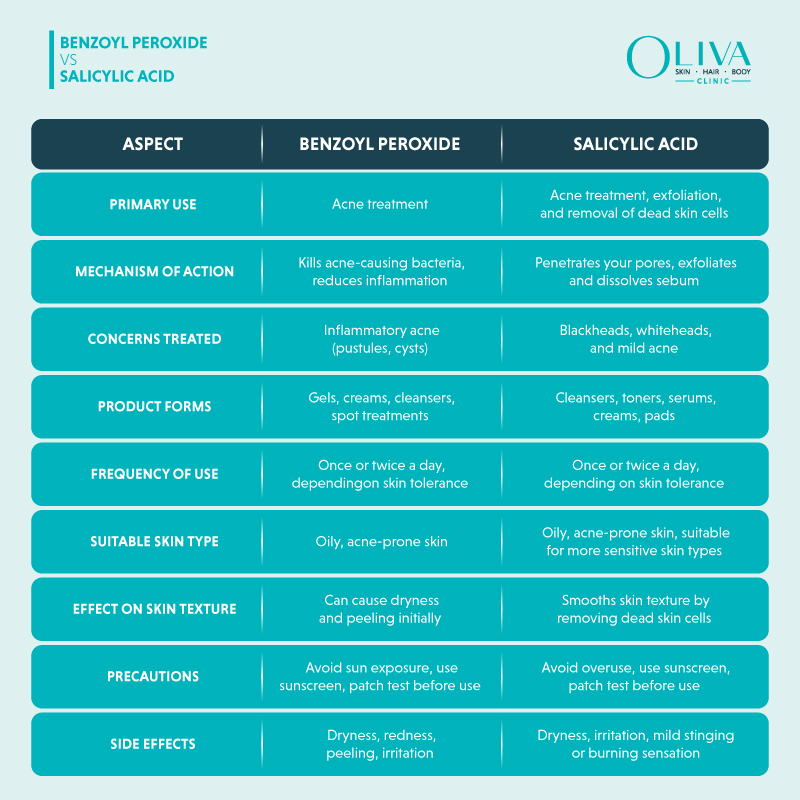
Benzoyl Peroxide and Salicylic Acid: Benefits, Uses, and Comparison

Chennai’s 🌞Summer Care Guide – Unlock Glowing Skin & Healthy Hair
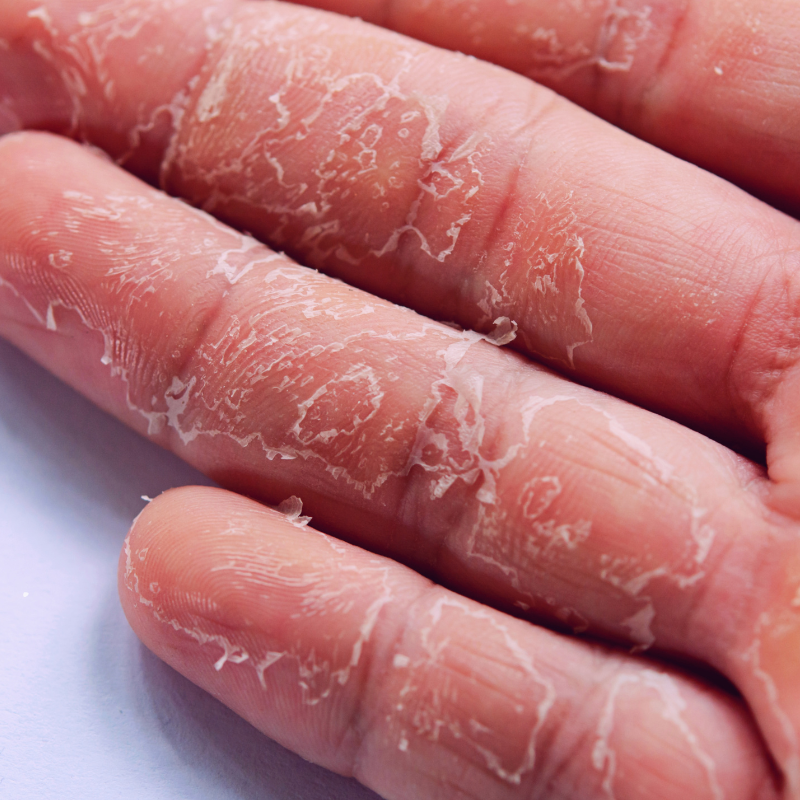
Skin Peeling On Fingertips: Causes, Treatments, Home Remedies & Prevention



